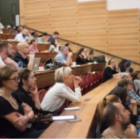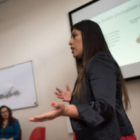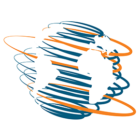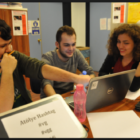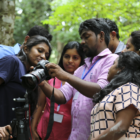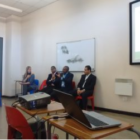GIJC17
Research: “News bot for the newsroom: how building data quality indicators can support journalistic projects relying on real-time open data”
|
This is a research paper that was presented at the Global Investigative Journalism Conference 2017 Academic Track, which IJEC organized and covered.
Laurence Dierickx from the Université Libre de Bruxelles compares quality assessment models for data and their journalistic implications. Utilizing these models, she analyzes the data quality of a case study, namely an automated news generator that is based on air quality data.
“This paper proposes a conceptual framework to assess data quality with a combination of deterministic and empirical quality indicators. If data quality is a multidimensional concept, the object is here to establish how to fit the needs of journalistic projects. Formal quality indicators are essentials when data are collected and/or automated. We can call it the technical challenge. Empirical indicators are also essentials regarding professional practices. We can call it the journalistic challenge. This part of the paper also demonstrates how and why data quality literacy is able to meet and to support journalistic requirements.”
